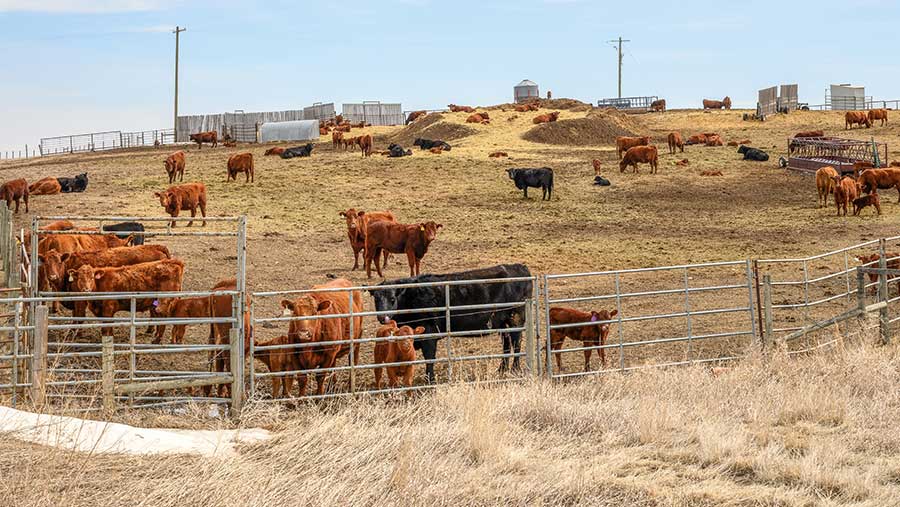Canadian farm lobbies begin offensive on UK food standards
 © jkgabbert/Adobe Stock
© jkgabbert/Adobe Stock Canadian farming lobbies have hit out after the UK formally agreed to join a Trans-Pacific trade bloc, insisting that Britain must align to their standards.
Business and trade secretary Kemi Badenoch formally signed the treaty confirming the UK’s accession to the Comprehensive and Progressive Agreement for Trans-Pacific Partnership (CPTPP) in New Zealand on Sunday (16 July).
Just hours after the announcement, several Canadian farming lobbies issued a joint statement expressing their determination to force the UK to align with their standards.
See also: What the CPTPP free-trade bloc could mean for UK agriculture
The Canadian Pork Council, the Canadian Cattle Association and the Canadian Meat Council said in a joint statement: “The main area of concern for our industry is the failure to accept Canada’s meat inspection system, widely recognised as one of the finest in the world.”
In response, Liz Webster, a Liberal Democrat activist and farmer from north Wiltshire, who founded the lobby group Save British Farming, said Canada was playing “hard-ball negotiations” to undermine the UK’s high food and animal welfare standards.
“For me, this looks like code for ‘drop your hormone ban Britain’,” she added. “We all know that British farming has the highest standards in the world. Who are they trying to kid?”
The deal will not come into force until the middle of next year at the earliest, as all 11 member countries have to ratify the UK’s accession.
Mrs Webster said it was not certain the deal would go through, adding that if there is a change of government to Labour next year, the party would face a stark choice whether to join CPTPP or walk away.
“If Canada says ‘accept our hormone-fed beef’ or they will not ratify it, we should say, ‘no thanks’. We should walk away from a bad deal,” she insisted.
NFU Scotland president Martin Kennedy said Scotland’s farmers, crofters and producers welcomed opportunities to improve trade overseas – but only on fair terms, that reduce risk to our food security.
“Above all, the deal must protect the integrity of the high standards of production and animal welfare that the sector delivers on a daily basis and which our consumers expect from us,” he added.
